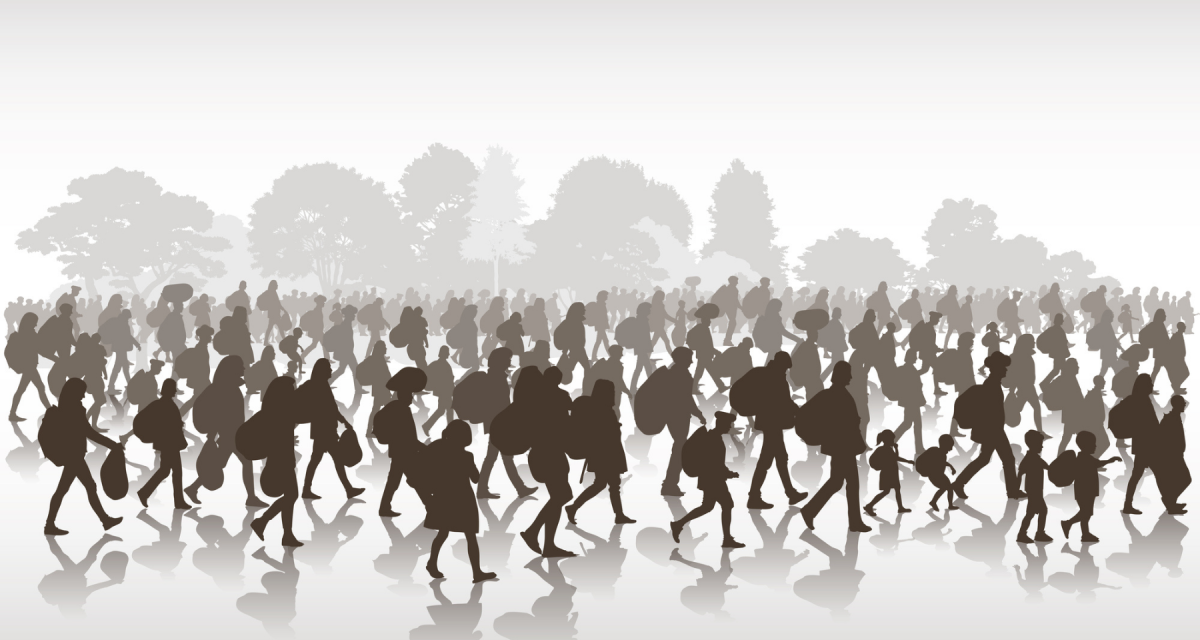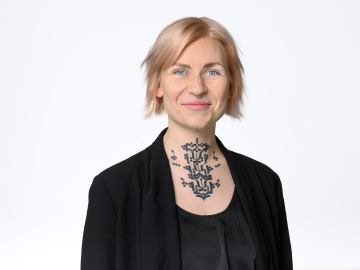New research from ESMT Berlin: Accepting refugees has long-term benefits to the economy

In 1945, millions of refugees were displaced westward to Germany, which was divided into four zones occupied by France, the US, the UK, and the Soviet Union. However, refugee acceptance differed: the French zone restricted access. This led to a much higher population density in the US zone of the modern Baden-Württemberg region, divided between the US and France until 1949.
Jan Nimczik, assistant professor of economics at ESMT, alongside Antonio Ciccone, professor of macroeconomics from the University of Mannheim, investigated the effects of historical refugee intake on today’s productivity, wages, income, rents, education levels, and population density. They analyzed historical census data, modern outcome data, geographic data, income tax statistics, data on the productivity of firms, and education data.
Ciccone and Nimczik compare the economic development in towns close to the former border between the French and US occupation zones in modern Baden-Württemberg. Their results show that, as of 2020, population density is still greater on the former US side, around 25 percentage points than the former French side. Towns on the former US side also experience higher income per capita, productivity, and wages alongside higher rents. Quite in contrast, they found no differences between both sides prior to the arrival of the refugees.
Ciccone and Nimczik estimate that the arrival of refugees on the US side of the border raised income per capita by around 13 percent and hourly wages by around 10 percent.
Prof Nimczik says, “Today, wars, civil conflicts, economic collapse, and climate change continue to cause massive refugee movements. Naturally, humanitarian considerations must be the main motivation of the measures taken in support of refugees. However, economic costs and benefits always have played a role also. The public debate generally focuses on the short- and medium-term; the longer-term, economic benefits are often neglected. The case of WWII refugees in Germany shows that for receiving countries such benefits, in form of higher income per capita and wages, can be considerable.”
About ESMT Berlin
Quick links
